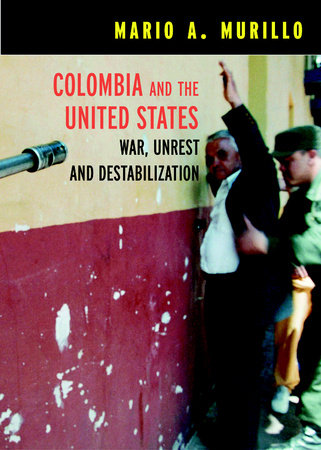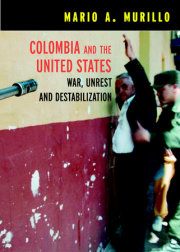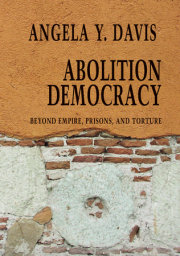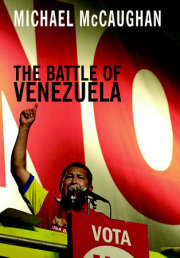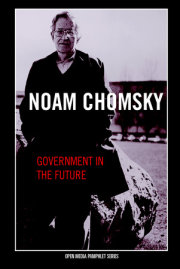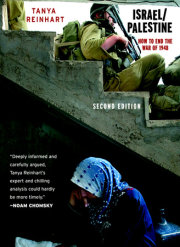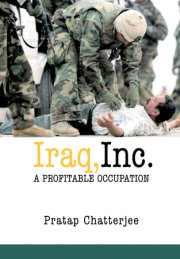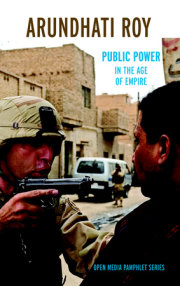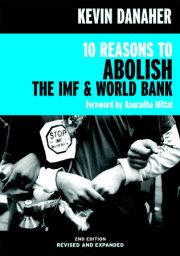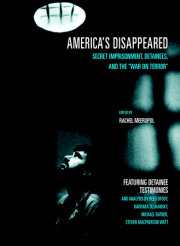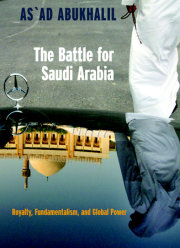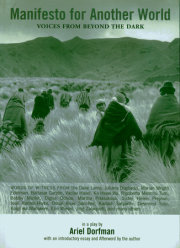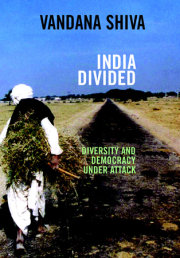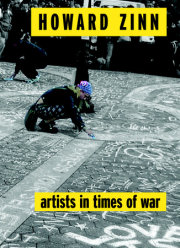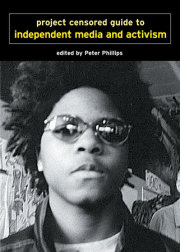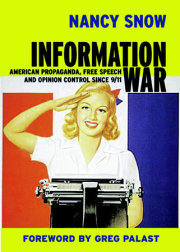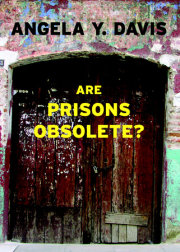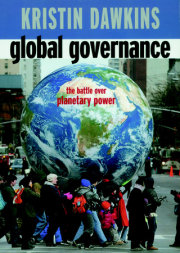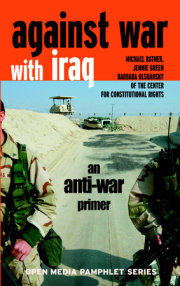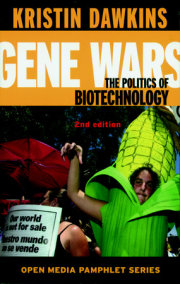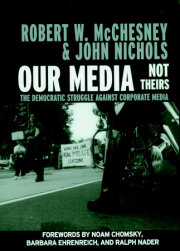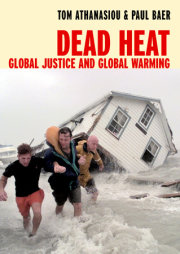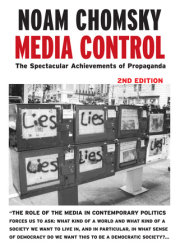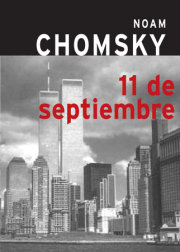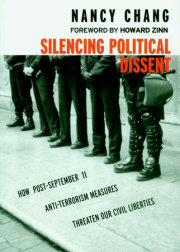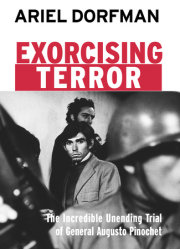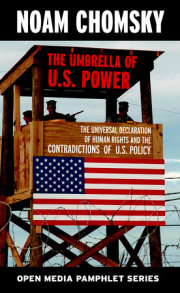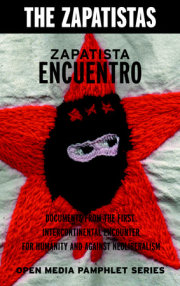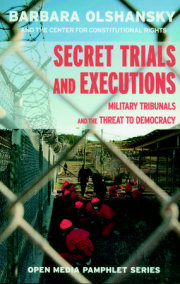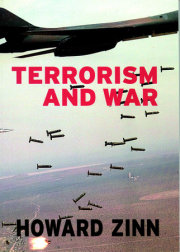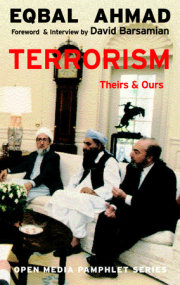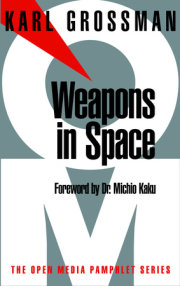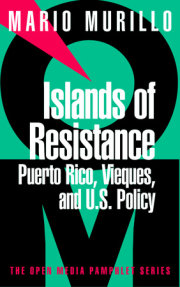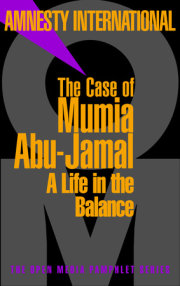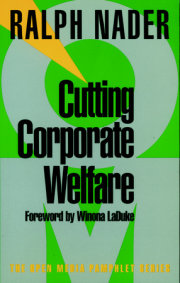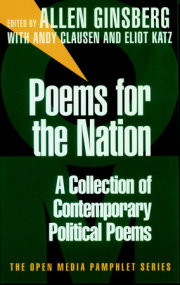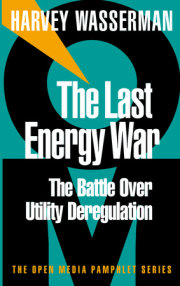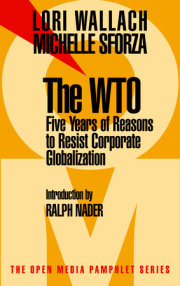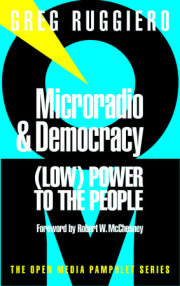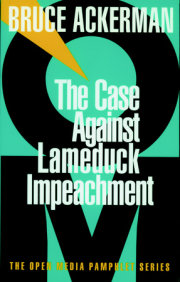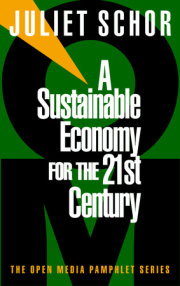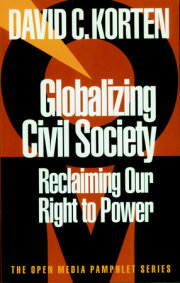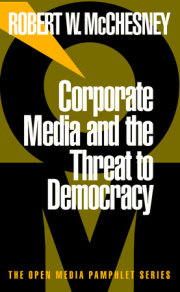Every year the United States spends millions of dollars to help the war-ravaged country of Colombia. But help it with what? In Colombia and the U.S. Mario Murillo explores the misdirected and devastating impact that U.S. military “aid” continues to have on the war torn-people of Colombia. Beginning with a brief history of Colombia, Murillo analyzes the complex forces driving Colombia’s current decades-old guerilla war, U.S. involvement, media perceptions, and possible paths to peace. Whether it has been the U.S.-led war against “drug trafficking,” the newly constituted “war against terrorism,” or, as we have seen over the last two years, a convenient marriage of the two, the main effect has been to allow the U.S. to further expand its role in Colombia. The foundations of Colombia’s social, political, and military conflict are rarely addressed by U.S. policy. Murillo describes Colombia’s history of institutionalized corruption, state neglect, far-reaching poverty, and political violence and how they precede by decades the introduction and expansion of the drug trade.
Colombia and the U.S. argues that the conflict in Colombia is not about drugs, nor guerrillas, nor “terrorism,” but rather about the unwillingness of the country’s elite to open up spaces for truly democratic participation in areas of economic and social development and political representation.
“With compelling, accessible prose, Murillo surveys a long history of conflict that predates drugs, guerillas, or terrorism. Rather, Murillo roots Colombia’s violent history in a refusal of elites to open up the political system to a broad, democratic participation. Murillo encourages readers to look past a history of violence to find hope in social movements to persistent problems of poverty and social exclusion.” — Marc Becker, Truman State University
“Murillo’s insightful treatment of the conflict in Colombia is concise and extremely relevant for anyone wishing to understand the negative impact of contemporary US policy in Latin America.” — Andrew G. Wood, University of Tulsa

